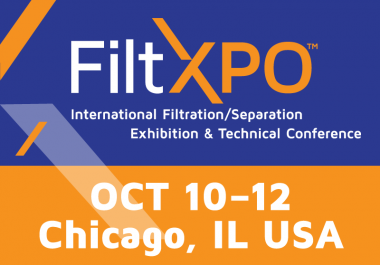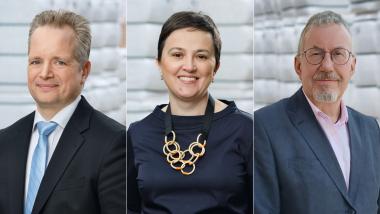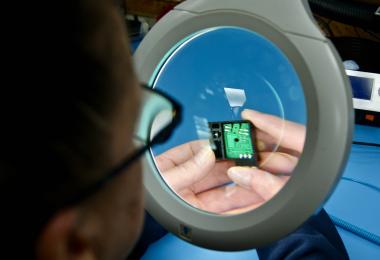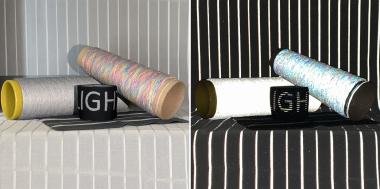INDA and the Waterloo Filtration Institute to Partner for FiltXPO™ 2023
INDA, the Association of the Nonwoven Fabrics Industry, announced that it is partnering with the Waterloo Filtration Institute (WFI) to produce the 2-day FiltXPO™ conference program, October 10-11, Chicago, Illinois. WFI brings decades of filtration experience, resources, and a worldwide network to support the education and technical development of the global filtration industry.
Filtration and separation professionals from the global supply chain will connect at FiltXPO 2023 for advancements, innovations, and business development. The conference portion of the FiltXPO event will focus on advanced filtration technologies and science for products that create a cleaner, healthier, and safer world. More details about the conference will be released at a later date.
The Nonwovens Institute (NWI) is a valued partner to INDA in bringing educational offerings to the nonwoven and engineered material industry. Behnam Pourdeyhimi, Ph.D., Professor and Executive Director, The Nonwovens Institute, and his team will teach the 2-day Filter Media Course in conjunction with FiltXPO, October 9-10, at Navy Pier in Chicago.
Professor Pourdeyhimi and his team will share the latest insights in the development, testing, and application of nonwovens in air, aerosol, and liquid filtration. Participants will gain knowledge about the physics of filtration, how nonwoven filter media is designed and used in air, aerosol, and liquid applications, testing standards, unmet needs in filter media, and the latest market trends and intelligence.
INDA































